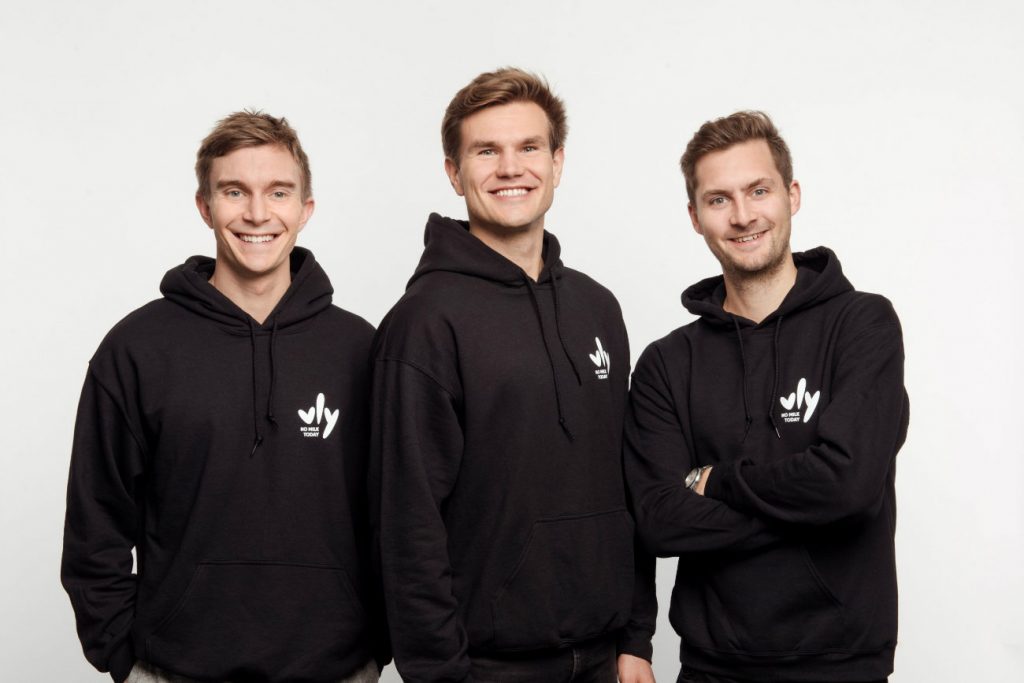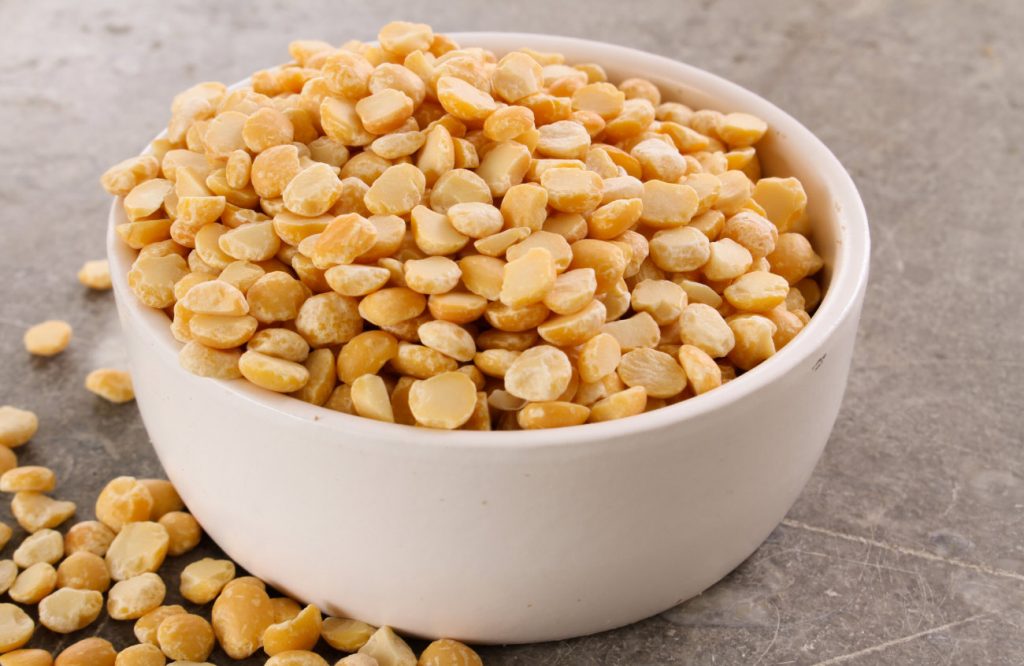In the last decade, there has been a seismic shift in the popularity of plant-based milk. 75% of the world’s adult population is lactose intolerant. Plant-based drinks are therefore a great substitute, but the shift is not just down to allergies.
People are choosing alternatives to conventional dairy products for animal-welfare reasons, to reduce their environmental impact, for the nutritional value, and simply because they like the taste.
Half of all American and European customers reportedly now use plant-based milk, instead of or in addition to cow’s milk. In Asian Pacific and Latin American regions that figure jumps to around two thirds. It’s actually the number-one selling product type in the plant-based sector. In the wake of the coronavirus outbreak, oat milk sales have jumped by 300%, which is mainly a result of it being a shelf-stable product.
If you’re already an avid plant milk fan, you’ll know there are some great options available including rice, coconut, oat, and hemp, but there is also a fresh contender nudging its way onto the field.



